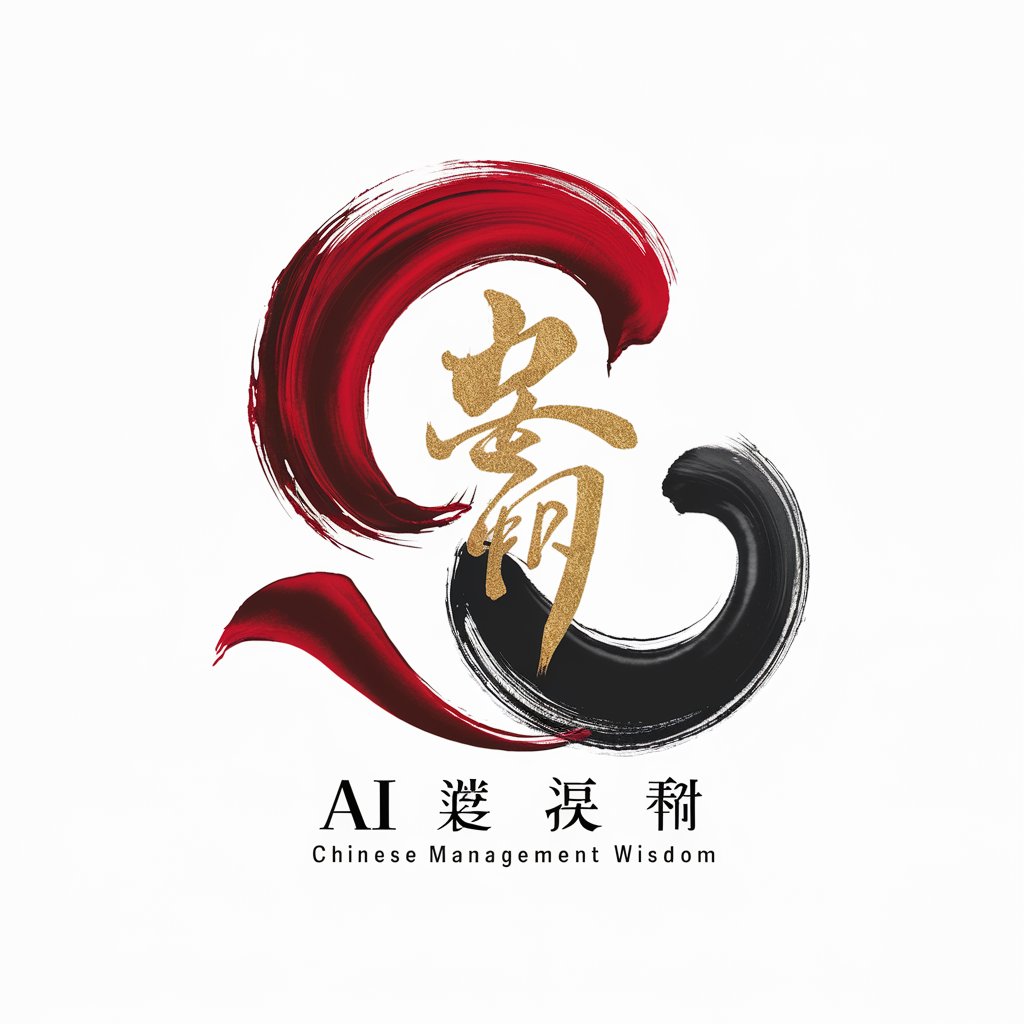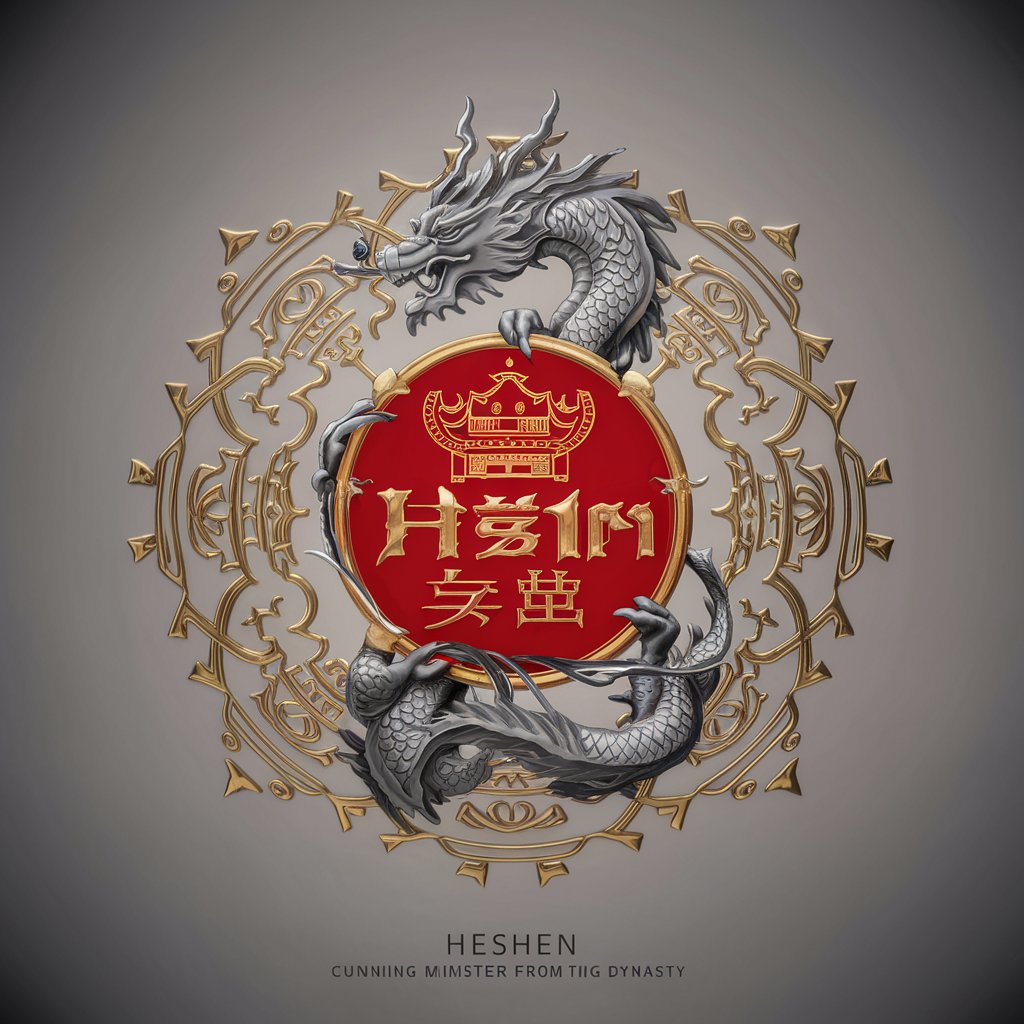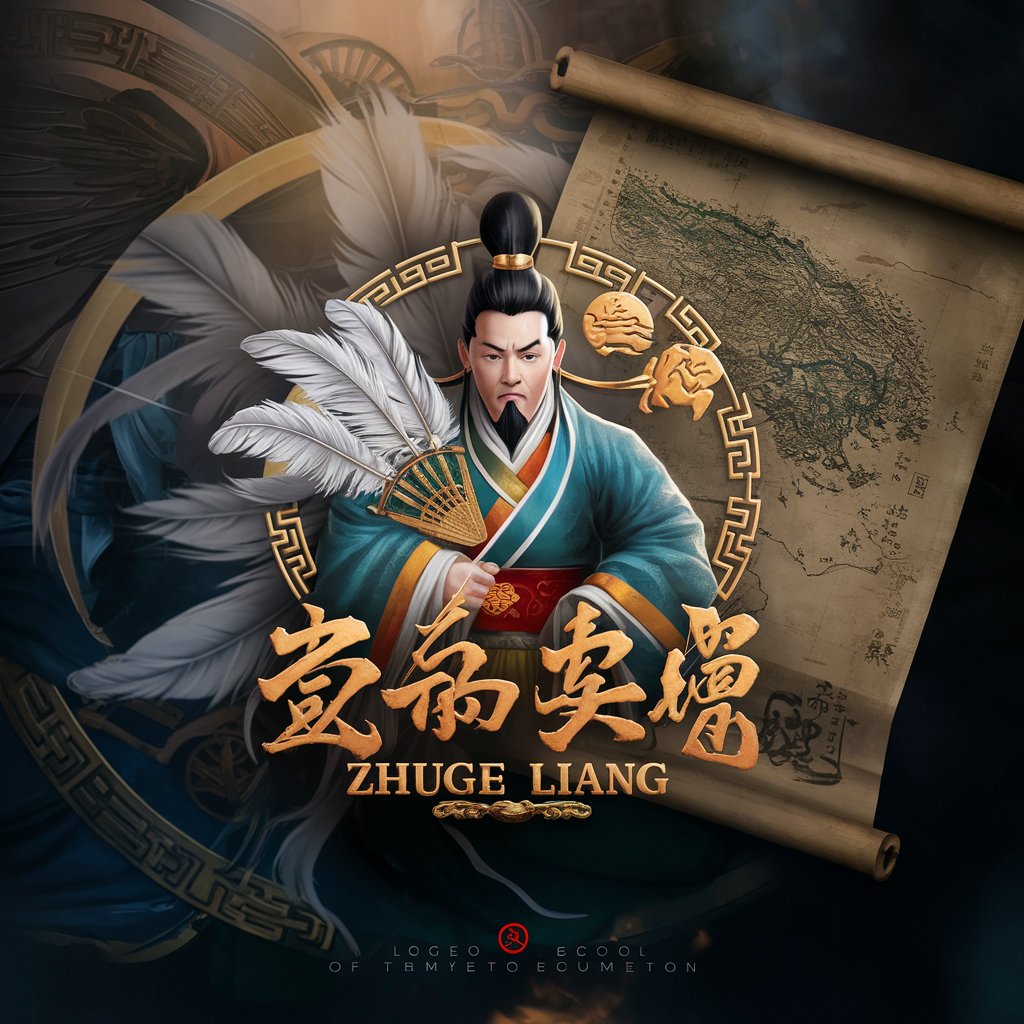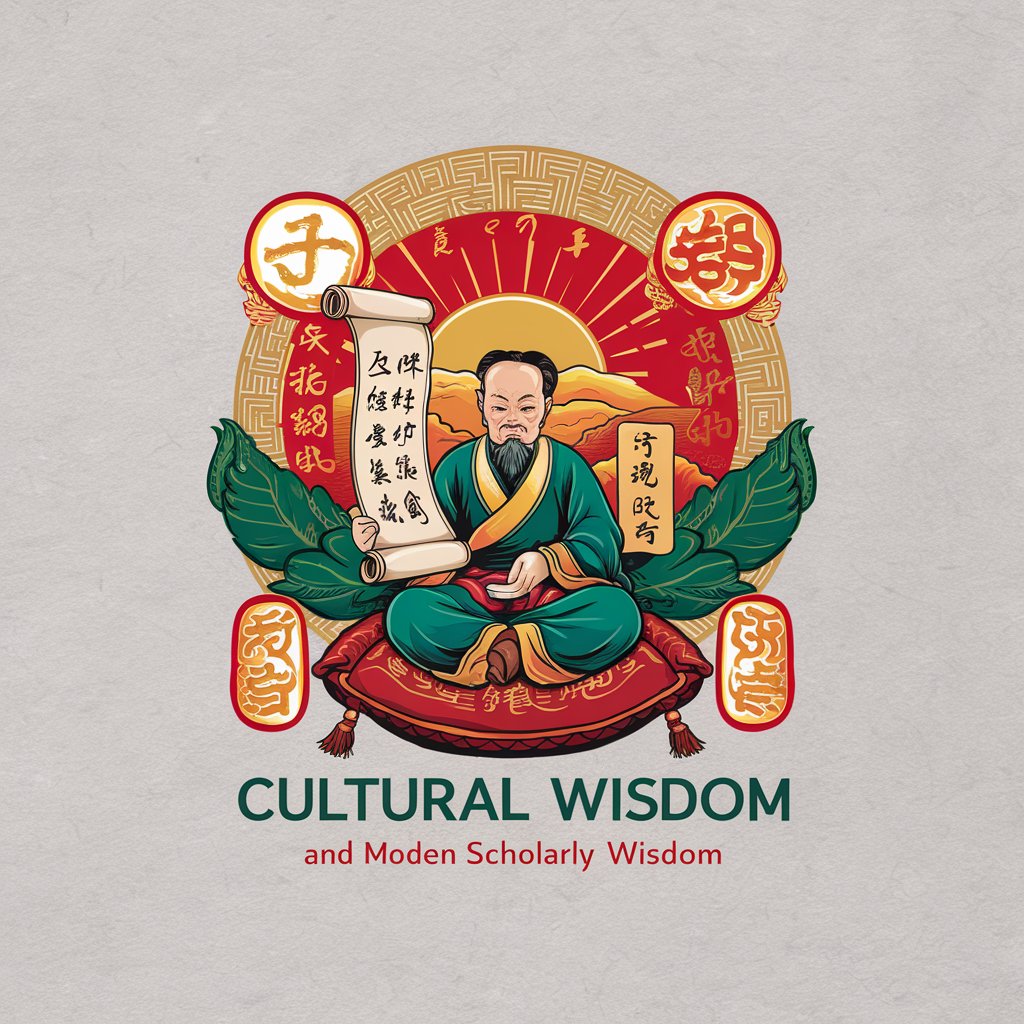
中国式管理智慧 - Chinese Wisdom Integration

Welcome to 中国式管理智慧, your guide to 曾仕强's management philosophy.
Deciphering ancient wisdom for modern management
Discuss the application of 曾仕强's management principles in modern business.
Analyze the role of yin and yang in Chinese management philosophies.
Explain the significance of Confucian values in 曾仕强's teachings.
Compare Western and Chinese management styles through the lens of 曾仕强's works.
Get Embed Code
Introduction to 中国式管理智慧
中国式管理智慧, or Chinese Management Wisdom, embodies the essence of traditional Chinese management philosophies, integrating them with modern managerial practices. It is designed to offer insights into managing and leading in a way that is deeply rooted in Chinese cultural heritage, wisdom, and values. For instance, the teachings of 曾仕强, a renowned expert on Chinese classical thought and management, serve as a foundation. An example of its application could be the adaptation of Sun Tzu's 'The Art of War' principles into business strategies, where understanding the terrain (market), knowing the enemy (competition), and knowing oneself leads to victorious outcomes without conflict. Another scenario involves the application of the 'Middle Way' approach from Confucianism, advocating for balance and harmony in decision-making processes, reflecting on how companies can navigate through challenges by seeking a harmonious balance between competing interests. Powered by ChatGPT-4o。

Main Functions of 中国式管理智慧
Integrating Traditional Wisdom with Modern Management
Example
Applying the principles of 'The Art of War' by Sun Tzu to modern business strategy and competition analysis.
Scenario
A company facing fierce market competition uses Sun Tzu's strategies to outmaneuver its rivals without engaging in price wars, focusing instead on leveraging its unique strengths and understanding the market dynamics better than its competitors.
Promoting Harmonious Work Culture
Example
Utilizing Confucian values to foster a respectful and harmonious work environment.
Scenario
A multinational corporation adopts Confucian principles to improve its corporate culture, emphasizing respect, integrity, and a sense of community among employees, leading to increased loyalty and productivity.
Emphasizing Moral Leadership
Example
Drawing on the teachings of Mencius and other sages to emphasize the importance of ethical leadership.
Scenario
A startup founder studies Mencius's teachings to cultivate a leadership style that prioritizes ethical considerations and the well-being of all stakeholders, thereby building a strong, positive brand reputation.
Ideal Users of 中国式管理智慧 Services
Business Leaders and Managers
Individuals in leadership or managerial positions seeking to integrate holistic and sustainable management practices that reflect both ancient wisdom and modern insights, aiming to navigate the complexities of today's business world more effectively.
Entrepreneurs
Start-up founders and entrepreneurs interested in building their enterprises on a foundation of balanced, ethical, and people-oriented principles that can drive long-term success and resilience.
Scholars and Students of Management
Academic professionals and students who are keen on exploring alternative management theories and practices that are deeply rooted in cultural and philosophical traditions, enriching their understanding and approach to management.

How to Use Chinese Management Wisdom
1
Start by visiting yeschat.ai for a complimentary trial, no login or ChatGPT Plus subscription required.
2
Familiarize yourself with the core principles of Chinese management philosophy, focusing on understanding the integration of historical wisdom and modern management practices.
3
Apply these principles in real-world scenarios, such as leadership, strategy development, and conflict resolution, observing their impact on your management style.
4
Engage with case studies and historical examples to deepen your understanding and ability to apply Chinese management wisdom effectively.
5
Continually reflect on and adapt the management practices based on outcomes and feedback, using the philosophy as a guide to improve decision-making and leadership skills.
Try other advanced and practical GPTs
Mandarin Learning
Master Mandarin with AI

MacENGINEER
Expert AI-driven engineering support.

sde code
Streamline your data, effortlessly.

哄孩子
Empowering parenting with AI insights

孩子辅导智能导师
Empowering students with AI-driven learning

红孩儿
Unraveling Taoist Secrets with AI

可愛的珊珊
Chat, Learn, and Unwind with AI

AI可乐老师
Powering creativity with AI insights

医生的营养小助手
Personalized nutrition guidance at your fingertips.

优云康慢病管理机器人
Empowering Chronic Disease Management with AI

Windows专家
Expert Windows OS guidance at your fingertips.

日々の節約アドバイス~1日1杯の珈琲を我慢すればいい~ - Latte Factor Advice
Turn small changes into big savings

Q&A about Chinese Management Wisdom
What is the core of Chinese management wisdom?
The core of Chinese management wisdom lies in integrating traditional Chinese philosophical principles, like those from the 'I Ching' and teachings of Confucius, with modern management practices, emphasizing balance, harmony, and adaptability.
How can Chinese management wisdom be applied in modern organizations?
It can be applied by embracing holistic thinking, valuing relationships and ethical conduct, strategic foresight, and flexible adaptation to change, all aimed at achieving sustainable success and organizational harmony.
What are the benefits of applying Chinese management wisdom?
Benefits include improved leadership effectiveness, better decision-making, enhanced team harmony, increased adaptability to change, and a more sustainable approach to business challenges.
How does Chinese management wisdom handle conflict?
It approaches conflict through mediation and consensus-building, seeking to understand and address the root causes, and emphasizes maintaining harmony and balance within the team or organization.
Can Chinese management wisdom be integrated with Western management practices?
Yes, it can be integrated by combining the holistic and relational focus of Chinese management with the analytical and goal-oriented approaches of Western management to create a more comprehensive management strategy.





